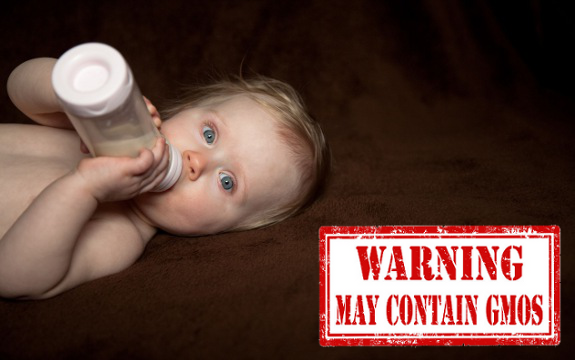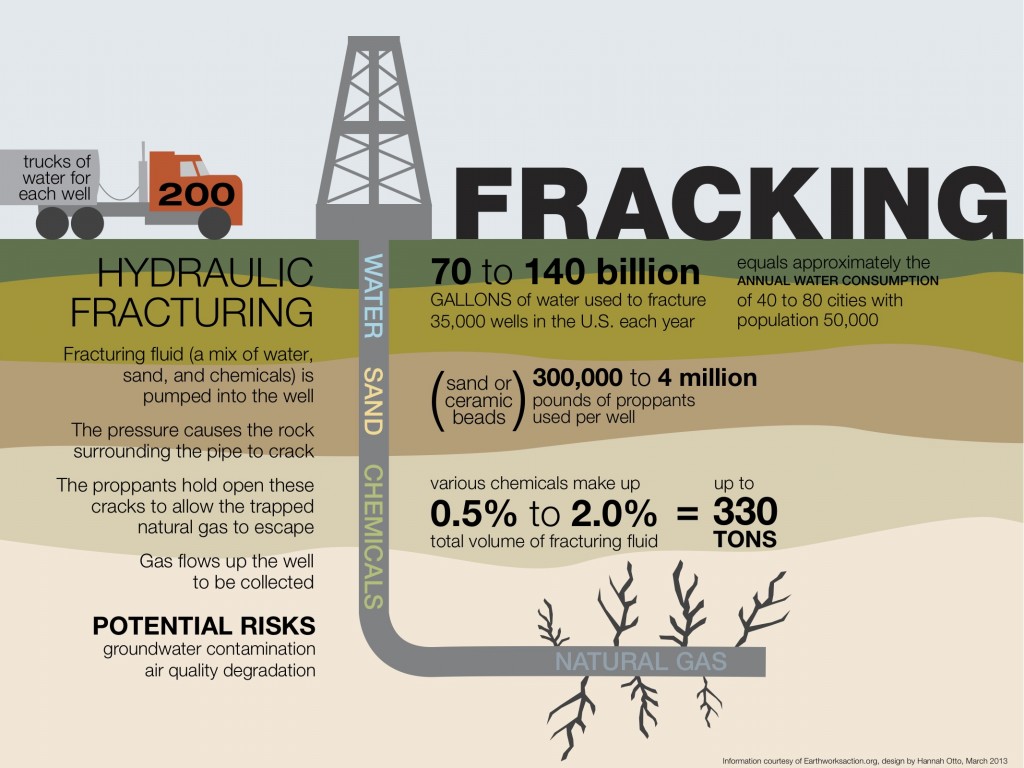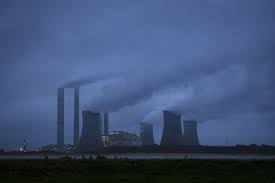Back in 1974, the agricultural multinational Monsanto developed a class of herbicides using glyphosate as the key ingredient. By the 1990s, the company had created…

United States Environmental Protection Agency

Four chemicals present both inside and outside homes might disrupt our endocrine systems at levels considered safe by the U.S. Environmental Protection Agency, according to…

#1. Believing the word "natural" on a label. Unfortunately, the word "natural" (or "green" or "ecofriendly") on a label or cleaning recipe is no guarantee…

The widely-used herbicide glyphosate, now classified as probably carcinogenic to humans by the World Health Organization (WHO), has been found in a number of items, including honey, breast milk…

A slew of studies released this week, each examining different aspects of the fossil fuel extraction method known as 'fracking,' provide new evidence of problems…

'Marcellus shale waste is the elephant in the room that gas operators and regulators alike ignore,' says environmentalist by Deirdre Fulton, Common Dreams A slew…

By Neela Banerjee, InsideClimate News Mar 31, 2015 Oil and gas companies refuse to disclose 10 percent of the hundreds of chemicals they use during…

The scientists behind a recent World Health Organization study which concluded the herbicide glyphosate “probably” causes cancer, say they stand behind their assessment. The comments…

Sometimes technological advances come about to answer the wrong question. But what happens when you ask the right question but technology is the wrong tool?…

As its battle against the Obama administration’s Clean Power Plan intensifies, Big Coal is getting a lot of help from friends in high places. Leading…

A new report released Tuesday by the London-based Carbon Tracker Initiative warns that the crash of U.S. coal markets is but a harbinger of things…

The World Health Organisation’s cancer agency has declared the world’s most widely used weedkiller – glyphosate – a “probable human carcinogen” in a move that…
